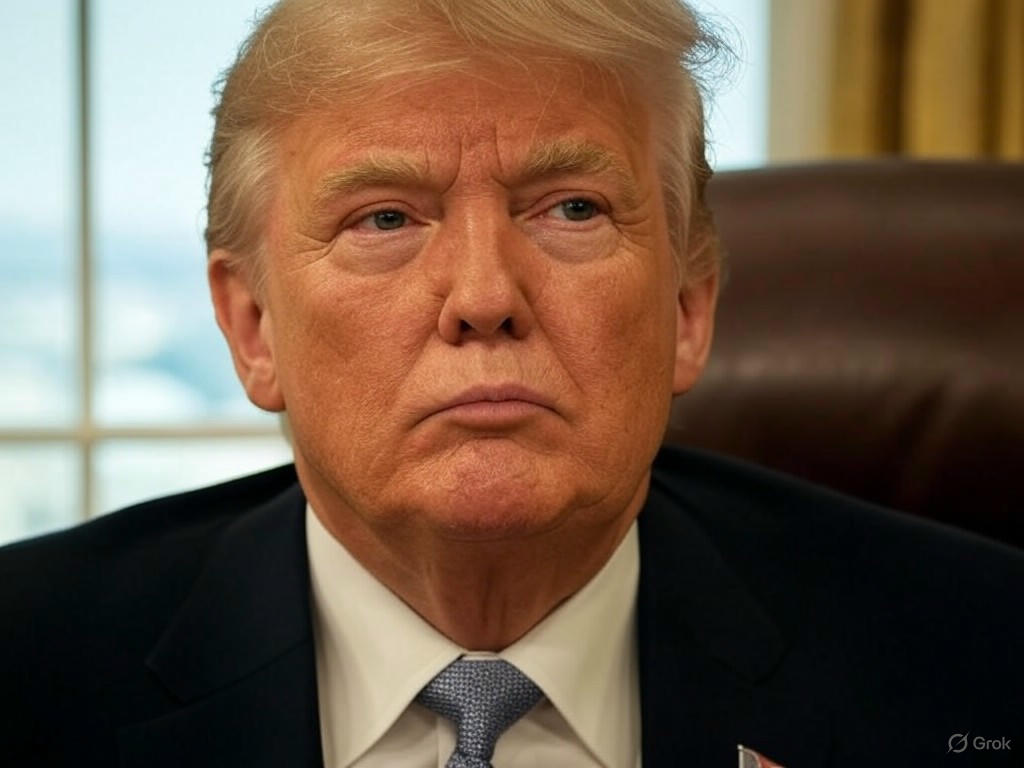As speculation swirls around the future of Federal Reserve Chair Jerome Powell, former Treasury Secretary Lawrence Summers has offered a surprising take on what might come next. With President Donald Trump frequently voicing frustration over Powell’s reluctance to slash interest rates amid economic uncertainty, many have wondered whether a dramatic shake-up at the Fed is on the horizon. Summers, however, believes that despite the public criticism, Trump is likely to opt for a well-regarded, mainstream figure to take the helm of the nation’s central bank if Powell’s tenure comes to an end.
Summers, a seasoned economic mind who has served under multiple administrations, recently shared his perspective on the evolving dynamic between the White House and the Federal Reserve. He argues that while Trump’s rhetoric often paints Powell as an obstacle to economic growth, the president understands the importance of maintaining stability in financial markets. Appointing a controversial or unqualified successor could spook investors and disrupt the delicate balance of monetary policy at a time when inflation concerns and global trade tensions continue to loom large. Instead, Summers anticipates that Trump will prioritize a candidate with a strong track record and broad respect within economic circles, ensuring a smoother transition and minimizing market turbulence.
This prediction comes against a backdrop of heightened scrutiny over the Federal Reserve’s decisions. Throughout the year, Trump has repeatedly called for aggressive rate cuts, arguing that lower borrowing costs would fuel business investment and consumer spending. Powell, however, has maintained a cautious stance, emphasizing the need to balance economic growth with the risk of overheating inflation. This clash of visions has fueled speculation about Powell’s future, with some analysts suggesting that Trump might push for a replacement who aligns more closely with his economic priorities. Yet, Summers’ comments suggest that pragmatism may ultimately prevail over populism, as the administration weighs the potential fallout of a radical departure from Fed tradition.
Looking ahead, the choice of a new Fed chair—if it comes to that—will carry significant implications for both domestic and global economies. The Federal Reserve’s policies influence everything from mortgage rates to corporate borrowing, and a steady hand at the top is often seen as critical to maintaining confidence. Summers’ forecast offers a glimmer of reassurance to those worried about a politically driven appointment, hinting that Trump may lean toward a candidate capable of navigating the complex challenges of monetary policy with expertise and independence.
As the debate over the Fed’s leadership unfolds, all eyes will remain on the White House for clues about its next move. While tensions between Trump and Powell show no signs of abating, Summers’ insight suggests that the president might ultimately prioritize credibility over conflict. For now, the financial world waits with bated breath to see whether this prediction of a respected replacement will come to pass, or if a more unexpected choice will reshape the future of American monetary policy.
